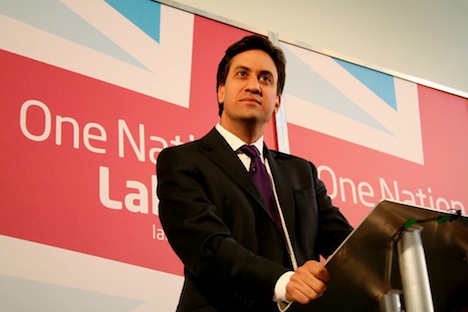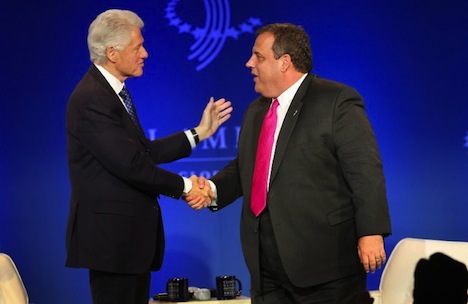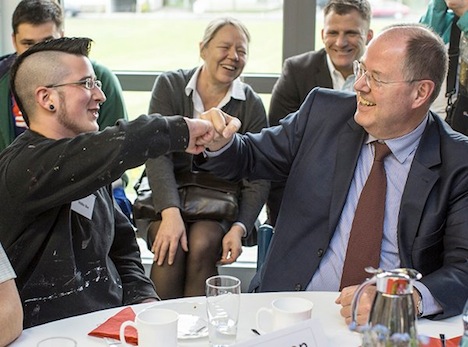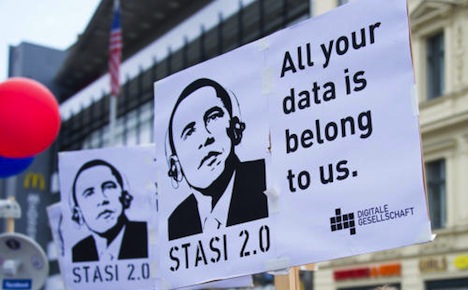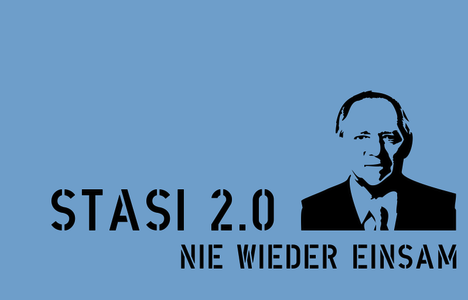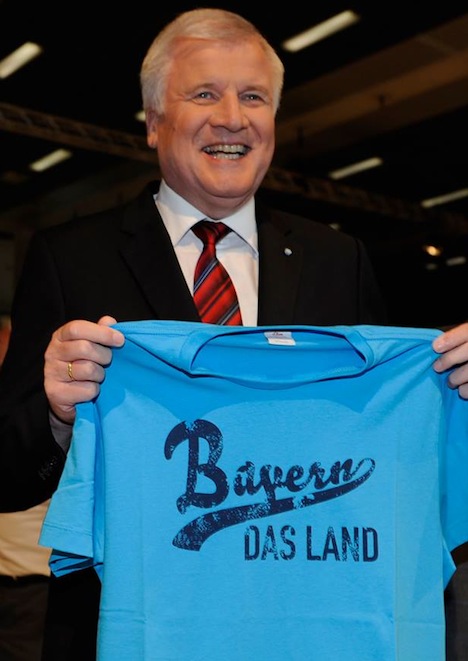 Exactly one week before Germans go to the polls to choose between center-right chancellor Angela Merkel and her center-left challenger Peer Steinbrück, Bavarian voters will elect its local state government in a key test for Merkel’s regional allies.
Exactly one week before Germans go to the polls to choose between center-right chancellor Angela Merkel and her center-left challenger Peer Steinbrück, Bavarian voters will elect its local state government in a key test for Merkel’s regional allies.![]()
![]()
The outcome isn’t incredibly doubtful because since 1947, Bavaria’s staunchly Catholic, business-friendly, socially conservative Christlich-Soziale Union in Bayern (CSU, the Christian Social Union) has controlled the 187-seat Landtag, the state legislature of Germany’s second-most populous state.
Given that the state has one of Germany’s — and Europe’s — best economies, the CSU looks set to strengthen its hold on Bavarian government in what amounts to a test run of many of the arguments that Merkel hopes will power her Christlich Demokratische Union Deutschlands (CDU, Christian Democratic Party) to victory on September 22 alongside the CSU, which has been united with the CDU in federal politics for decades. Merkel, who currently governs in an alliance with the liberal Freie Demokratische Partei (FDP, Free Democratic Party), hopes that voters will give her credit for steering Germany — and the entire eurozone — through the worst of a sovereign debt crisis that began in 2010 and an economic recession from which Europe may already be recovering.
But the CSU and Bavaria’s minister president Horst Seehofer (pictured above) can make an even more sanguine case on the basis of the Bavarian economy, which showcases several star multinational corporations, such as BMW, Siemens, and adidas. Whereas the European Union had an average unemployment rate of 10.4% in 2012 and Germany had an unemployment rate of 5.5%, Bavaria’s was just 3.2%. To consider just how staggering that is, consider that United States last had an unemployment rate that low in October 1953. It’s an economy that, at around €465 billion ($610 billion), is about as large as the economy of the US state of Pennsylvania and even larger than the entire economy of Saudi Arabia, and nearly 1.5 times the size of the economy of neighboring Austria.
If the CSU is successful on September 15, it will mark a rebound from the previous September 2008 election, the CSU’s worst performance since 1954. Five years ago, Bavarian voters went to the polls in the middle of an uncertain future, with the collapse of US financial firm Lehman Brothers and a global financial panic topping world headlines. It was also a period of uncertain leadership within the CSU, Bavarian minister-president Edmund Stoiber resigned after 14 years in office following the resignation of his chief of staff, Michael Höhenberger, which itself followed accusations that Höhenberger snooped on the private life of one of Stoiber’s critics. Günther Beckstein, Stoiber’s longtime interior minister, succeeded Stoiber and led the CSU through the 2008 election, but stepped down following the CSU’s historic loss.
Even though the CSU won just 43.4% of the vote (a drop of over 17% from its prior performance) and lost its absolute majority in the Landtag, it remained the largest party in Bavaria by far, outpacing the second-place Sozialdemokratische Partei Deutschlands (SPD, Social Democratic Party) by nearly 25% of the vote and Seehofer, a former health and food minister, easily won election as Bavaria’s minister-president in October 2008.
As the CSU and the SPD both suffered historic losses, two additional groups on the Bavarian right made extraordinary gains. The first is the Freie Wähler (FW, Free Voters), a bloc of independent, unaffiliated center-right deputies, which won 10% of the vote, largely from disappointed CSU supporters, and entered the Bavarian Landtag for the first time. The second is the FDP, which won 8% and 16 seats, returning to the Bavarian legislature for the first time in 14 years and providing the CSU with a stable coalition partner in Munich. Even the socialist Die Linke (The Left) competed for the first time and won 4.3%, impressive in a state as conservative as Bavaria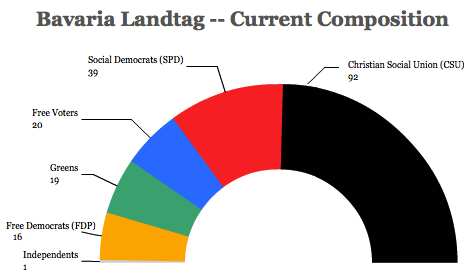 Five years later, although polling data isn’t as ubiquitous for Bavaria’s state election as for the wider federal German elections, the CSU is polling higher than in 2008, and it may win over 50% of the vote, restoring the absolute majority that it enjoyed in the Landtag without interruption from 1962 to 2008. That’s good news for Seehofer, because the FDP is faring as poorly in Bavaria as it is in federal polling — the Free Democrats are in danger of missing the 5% threshold required to win seats in the Bavarian Landtag (and in the federal Bundestag as well). Meanwhile, the Social Democrats are in danger of setting a new postwar low in Bavaria on September 15 and in federal elections a week later — it’s polling at around 18% in Bavaria, which is even worse than its 2008 result (18.6%). Continue reading Bavarian elections provides Merkel, CSU a dress rehearsal for federal German vote
Five years later, although polling data isn’t as ubiquitous for Bavaria’s state election as for the wider federal German elections, the CSU is polling higher than in 2008, and it may win over 50% of the vote, restoring the absolute majority that it enjoyed in the Landtag without interruption from 1962 to 2008. That’s good news for Seehofer, because the FDP is faring as poorly in Bavaria as it is in federal polling — the Free Democrats are in danger of missing the 5% threshold required to win seats in the Bavarian Landtag (and in the federal Bundestag as well). Meanwhile, the Social Democrats are in danger of setting a new postwar low in Bavaria on September 15 and in federal elections a week later — it’s polling at around 18% in Bavaria, which is even worse than its 2008 result (18.6%). Continue reading Bavarian elections provides Merkel, CSU a dress rehearsal for federal German vote
